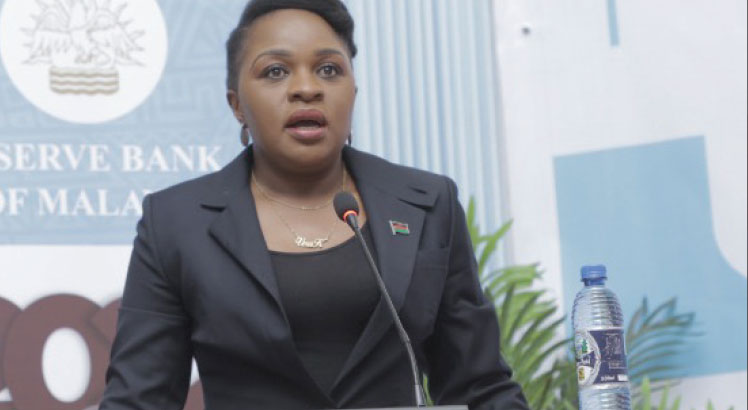RBM’s role comes under scrutiny
The role of the Reserve Bank of Malawi (RBM) in the economy came under intense scrutiny yesterday as some economists said the monetary authority should play a more expansive role in economic growth.
But as the two-day Monetary Policy Conference progressed at the Bingu International Convention Centre in Lilongwe, it was clear that economists from the public sector, the financial industry and academia struggled to reach a consensus on the right balance between price and financial stability on one hand and economic growth and development.
In his presentation titled ‘Towards more Resilient Economies: What is the Role of Monetary and Exchange Rate Policy’, Ronald Mangani, an associate professor of economics with the University of Malawi (Unima), said the central bank should wean itself of Washington Concensus driven policy-making as it is worsening poverty in the country.

“The central bank is intoxicated with price. In other words, it is sozzled with price stability,” he said.
Mangani, who served as secretary to the Treasury during the Peter Mutharika administration, said the country’s monetary policy regime sets price stability as a “pseudo-factor of production”, the kind of thinking he said crowds out the critical roles of both the central bank and domestic capital in production, growth and development.
He said the new 2018 Reserve Bank of Malawi Act largely took away the central bank’s role in growth and development that was well spelt out in the 2010 Act, thereby leaving the monetary authority with just price and financial stability as its chief mandate.
“How,” wondered Mangani, “could Parliament pass such a diabolical piece of legislation?”
But legislator Abel Kayembe, representing the Public Accounts Committee of Parliament, said the law was brought to the House by the Executive, which meant that technocrats in government should have done a better job at scrutinising it.
He, however, believes Parliament can take another look at the law.
Mangani, who at one point sat on the Monetary Policy Committee of the RBM, said the current policy regime erroneously exaggerates the role of price stability as a panacea for the country’s economic glitches.
But his stance was too “radical” for some of his fellow academics such as former RBM governor Elias Ngalande and long time Unima senior lecturer in economics Exley Silumbu, who said the economic problems haunting Malawi today have little to do with how the central bank conducts monetary policy. The two were panellists on Mangani’s paper.
For example, Ngalande, who also previously served as secretary to the Treasury, said the country’s inability to re-orient itself towards production at heavy industrial level and breed a set of entrepreneurs that can add real value to the economy, is its major weakness.
Silumbu, on the other hand, warned against “overburdening” monetary policy with Malawi’s problems and instead take a critical look at the extent to which the country allocates resources efficiently and effectively in areas that can boost production.
On his part, Standard Bank Malawi plc head of Global Markets Mc Lewen Sikwese said price and financial stability are critical to decision-making by investors and cannot be downplayed.
“Should we trade off price stability and financial stability for economic growth and development? I think the issue is how do we get the right balance? Because investors are concerned with the first two,” he said as a panellist on the topic of monetary and macro-prudential policies.
RBM Governor Wilson Banda, in his remarks, said the conference was part of the central bank’s efforts at making its operations more transparent to people as it tries to modernise monetary policy.
In her key note address, Minister of Labour Vera Kamtukule urged participants to the summit to ensure that the monetary policies translate to economic success of all Malawians.
The conference, held under the theme ‘Monetary Policy in the 2020s’, is expected to close today.





